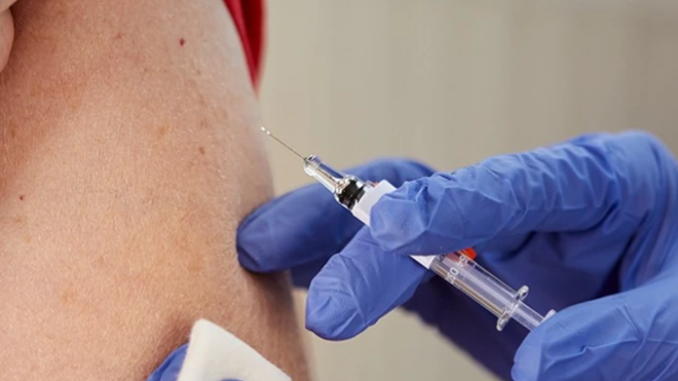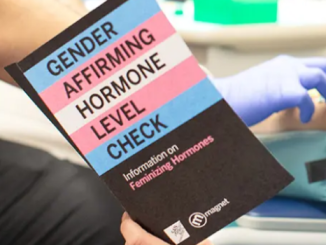
Researchers stress that the risk of an adverse event from a Covid vaccine remains relatively low and that association does not prove causation.
However, among the 13.5 billion doses administered globally, a small proportion of people immunised developed complications, fuelling a debate over the trade-offs involved.
The rare events – identified early in the pandemic – included a higher risk of heart-related inflammation from mRNA shots made by Pfizer Inc, BioNTech SE, and Moderna Inc, and an increased risk of a type of blood clot in the brain after immunisation with viral-vector vaccines such as the one developed by the University of Oxford and made by AstraZeneca Plc.
{snip}
The new research, by the Global Vaccine Data Network, dove further into the data. The full results are published in the journal Vaccine.
Researchers looked for 13 medical conditions that the group considered “adverse events of special interest” among 99 million vaccinated individuals in eight countries, aiming to identify higher-than-expected cases after a Covid shot.
Myocarditis, or inflammation of the heart muscle, was consistently identified following a first, second and third dose of mRNA vaccines, the study found.
The highest increase in the observed-to-expected ratio was seen after a second jab with the Moderna shot. A first and fourth dose of the same vaccine was also tied to an increase in pericarditis, or inflammation of the thin sac covering the heart.
Researchers found a statistically significant increase in cases of Guillain-Barre syndrome within 42 days of an initial Oxford-developed ChAdOx1 or “Vaxzevria” shot that wasn’t observed with mRNA vaccines.
{snip}
The small risk led to the vaccine’s withdrawal or restriction in Denmark and multiple other countries. Myocarditis was also linked to a third dose of ChAdOx1 in some, but not all, populations studied.
Possible safety signals for transverse myelitis – spinal cord inflammation – after viral-vector vaccines was identified in the study.
So was acute disseminated encephalomyelitis – inflammation and swelling in the brain and spinal cord – after both viral-vector and mRNA vaccines.Seven cases of acute disseminated encephalomyelitis after vaccination with the Pfizer-BioNTech vaccine were observed, versus an expectation of two.
The adverse events of special interest were selected based on pre-established associations with immunisation, what was already known about immune-related conditions and preclinical research. The study didn’t monitor for postural orthostatic tachycardia syndrome, or POTS, that some research has linked with Covid vaccines.
It’s also important to understand the bigger picture here. Covid was a moving target and so was the interventions taken to stop it.
{snip}
Still, the general public are demanding answers and refuse to be silenced – a point powerfully articulated by a man who recently confronted Rishi Sunak over Covid vaccine injuries on GB News.
* Original Article:
https://www.gbnews.com/health/covid-vaccine-symptoms-study


